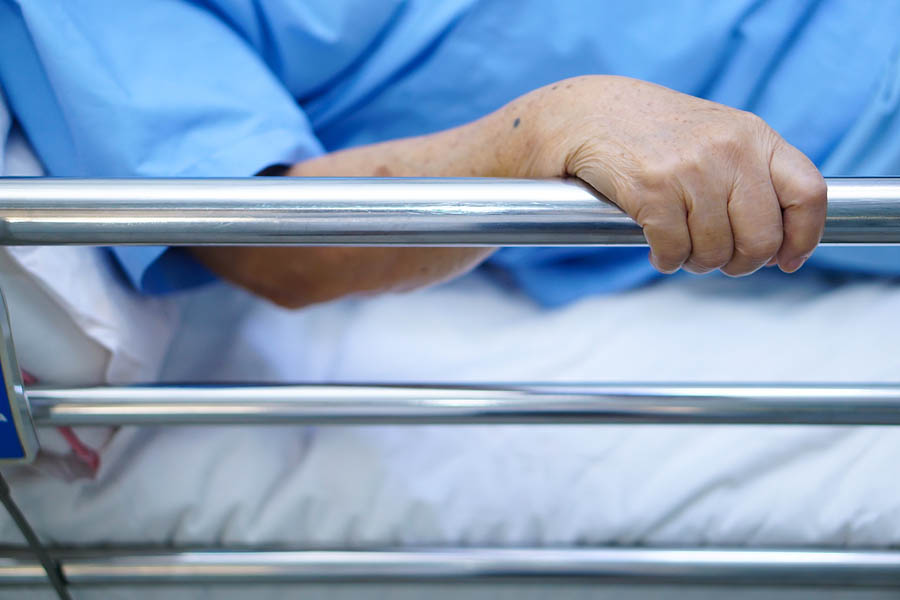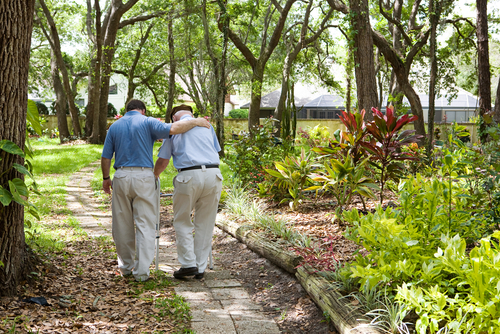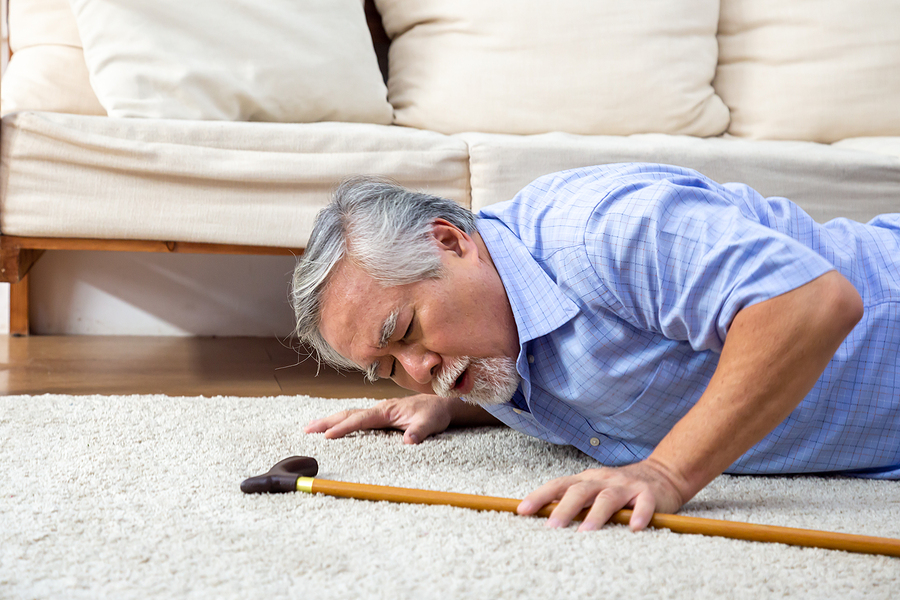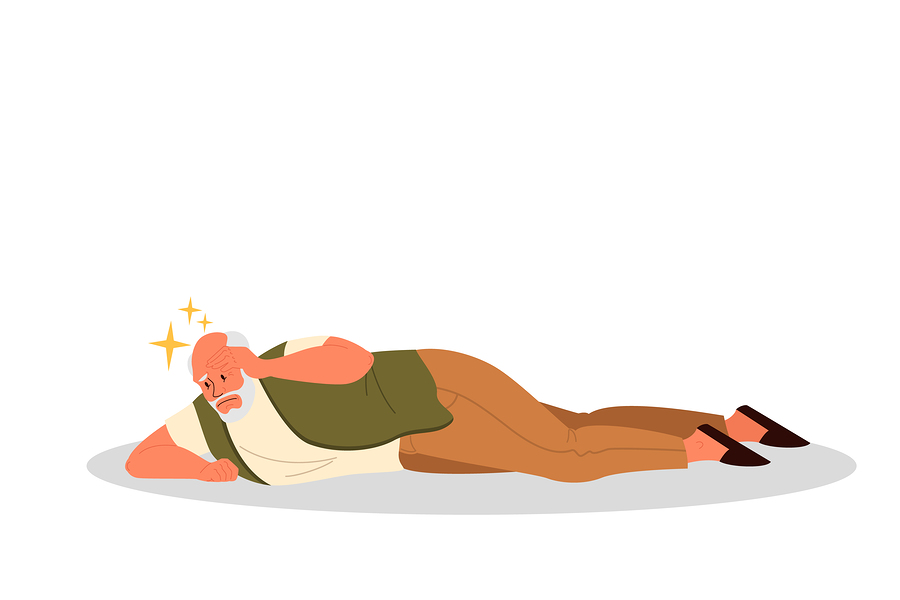How to Prevent Elderly Adults from Falling Out of Bed

Injuries are extremely common in the elderly, particularly from falls. As our bodies age, bones and muscles become less supportive while also becoming more fragile. The CDC ranks falls as the leading cause of both fatal and non-fatal injuries in the elderly. Falls from bed make up a significant percentage of elderly falls and can cause serious injuries. Below is more information about bed falls and how to prevent seniors from falling out of bed.
Why Do Seniors Fall Out of Bed?
A lot of people associate falls from bed with young children, but it’s very common in the elderly as well. A lot of this has to do with other medical conditions and causes. Falls are especially common in seniors with dementia and existing injuries. This boils down to a lack of ability to get quality sleep. Below are some of the main causes of falls from bed in seniors:
- Physical Struggles: Seniors who have recently had a stroke or surgery are at increased risk of falling from their beds. A lot of these falls are more likely to happen in the process of getting in and out of bed. Incontinence or other conditions that require leaving bed in the middle of the night can also increase the risk of a fall. If a senior’s eyesight is failing, they’re more likely to fall in general but are especially vulnerable when they are tired.
- Restless Sleep: Many falls occur during dream cycles. Seniors have shared stories of “jumping” from bed as part of a dream and waking up on the floor.
- Medication: Medication can mess with brain chemistry, affect sleep quality, and cause abnormal dreams. All of these increase the risk of a senior falling from bed.
- Issues with the Space: New bed placement, height, and bedding can all result in unfamiliarity that leads to a fall. New bedclothes that stick to sheets or slide off of them can also cause falls.
Use this knowledge and take a fall risk assessment to address risk factors before they become issues!
How Serious Are Falls from Bed?
As with all falls, a fall from bed can be a minor incident or a serious medical concern. The effects can go beyond physical injury and add mental anxiety to a senior’s life. Some people become afraid of sleeping for fear that they’ll fall. This affects their quality of sleep, which is vital to an aging body and mind. If multiple falls occur, they can have compound physical and mental effects. Prevention is key to continued well-being and health.
Of course, the seriousness of any fall depends on the specific circumstances, including:
- The height of the bed
- The speed of the fall
- The physical condition of the senior
- Items that may be around the bed
Falls from bed are serious enough to do anything you can to prevent them before they become an issue. At any hint of hindered mobility or distressing sleep patterns, preventing falls should be on your mind.
Preventing Falls by Addressing Health Concerns
If a senior falls or has a close call, it is vital to talk to a doctor and discuss causes. If the issue is eyesight, addressing untreated cataracts can have huge benefits. If medication is being taken, the doctor should determine if sleep quality is being affected and if changing dosage or prescription is appropriate.
Physical therapy treatment is a great way for some seniors to rebuild strength and build muscle memory that helps safely get in and out of bed without incident.
Preventing Falls by Addressing Physical Space Concerns
The best thing to do with a senior’s sleep environment is to keep it as consistent as possible. The more things are exactly the same every day, the less risk there is of a fall. This includes bed placement and height, bedding, lighting, and placement of objects in the room.
Make sure lighting is bright enough to provide clear lines of sight but also not harsh to the eyes. Placing a pool noodle on the bed can help remind seniors where the edge of the bed is and prevent them from rolling over. If falls are occurring during deep sleep, a bed rail may be necessary.
A large percentage of falls from bed happen in hospitals and nursing homes. This is partially due to the change of environment. If your loved one is sleeping away from home, it’s important to ensure that the staff is taking preventive measures. This can include low-sitting beds, bed rails, sleep monitoring, and assistance getting in and out of bed. You should ask questions about bed routines and keep an eye out for bedsores or other signs that your loved one is not being tended to correctly.
Subscribe
Date: June 21, 2018


